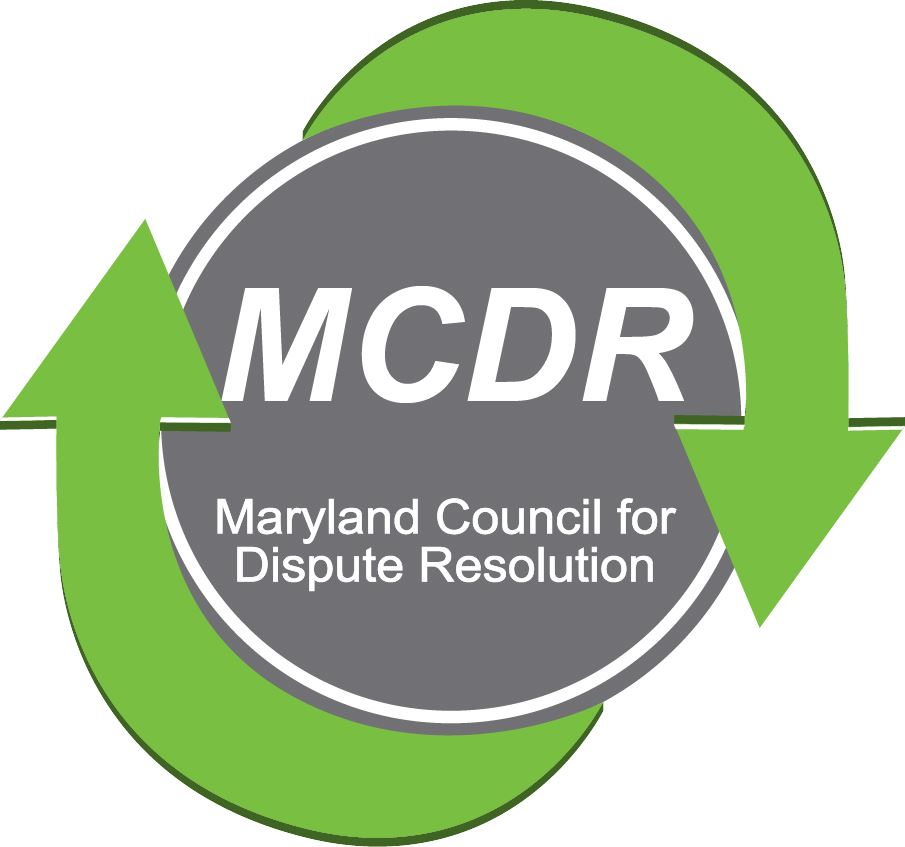 |
|
How Mediation Works
For an informative & educational video about the four forms of ADR, Mediation being one form, please visit: https://vimeo.com/276072547
Mediation is a process to assist and two or more people in resolving conflict with the help of a neutral, trained facilitator. Also referred to as a form of alternative dispute resolution (ADR), Mediation offers an alternative to litigation in the court system. Mediation offers the client the legal protection of privacy and confidentiality.
When mediating a case, the mediator encourages a frank, civil discussion of each party's concerns. The mediator guides the dialog facilitating a discussion about the clients' issues, underlying goals, needs, and values. A skilled neutral mediator works with the parties as they reach for common ground in their dispute. The mediator looks for solutions that could meet both party's needs while diffusing hostility. At the conclusion of the session, the mediator will usually draft a memorandum detailing agreements made by the parties.
* Separation & Divorce
* Workplace & Labor
* Neighborhood/Community
* Business & Small Business Family Issues
* Schools
* Consumers
* Government
Mediation encourages people to make the decisions in a civil and respectful manner that are appropriate and fair for their given dispute.
The mediator may take several approaches to their process depending upon the nature of the dispute. The four main approaches include:
Narrative, Facilitative, Evaluative, Transformative, or a combination of these approaches.
Parties going into mediation to settle their disputes usually enter into a Mediation Agreement. Mediation is a voluntary process, except when ordered by the court.


